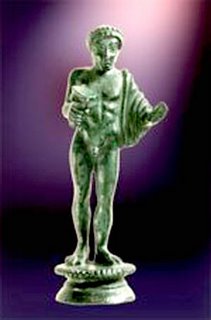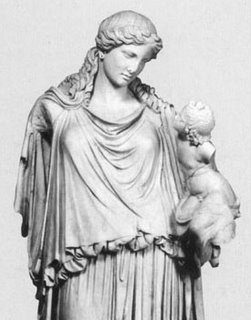Pridie Nonas Januarias

Modern Date : January 4th
Pridie Nonas Januarias
Day before the Nones of January
This is one of the dies comitiales when committees of citizens could vote on political or criminal matters.
This month is sacred to Janus, the god of Beginnings. The Romans had numerous temples to Janus. Whenever war was declared, the chief magistrate would lead a ceremony in which the doors of the main temple of Janus were opened. In time of peace they were normally shut.
Festival of Fufluns
Etruscan god of wine, vegetation, vitality and gaiety, son of the earth-goddess Semia. He shows many similarities to Dionysus and Bacchus, the Greek and Roman gods of wine, and there is evidence that he was also a god of the dead. His name appears to be derived from the word for ‘sprout’ or ‘bud’, and the Etruscan city of Populonia is derived from his name.
Frost Fairs on the Thames
Although there were many cold winters in the past, the Thames froze over only because of the old London Bridge. Completed in 1176, this was the first stone bridge across the Thames in London. Its 19 narrow arches slowed the flow of the river and made it more likely that the water could freeze during long and severe winters. The river froze over here more than 20 times up to 1814.
In 1564, archery and dancing took place on the Thames, but the first real 'frost fair' came in 1683. The river froze over in December, and stayed frozen for two months. Londoners soon took to the ice, and enterprising businessmen cashed in by providing entertainments for the visitors. Traders set up two parallel rows of stalls between the banks of the river. A whole ox was roasted on the ice, and even Charles II and his family visited the fair.
Because only prolonged and severe winters could make the Thames freeze over, frost fairs were quite rare. However, further fairs took place in 1715-16, 1739-40 and 1813-14.

